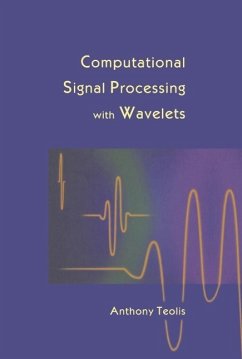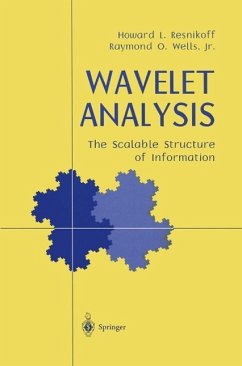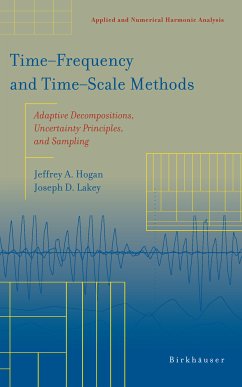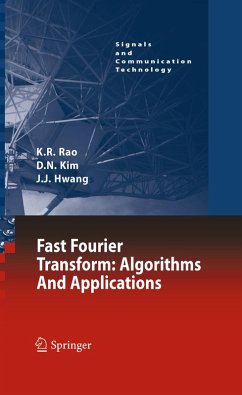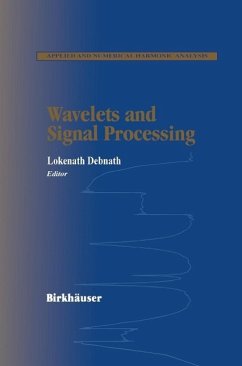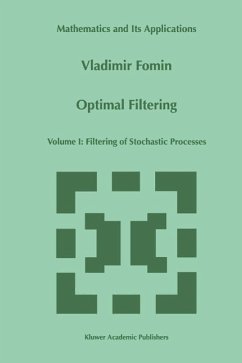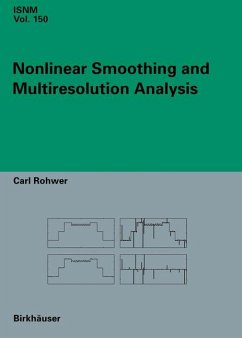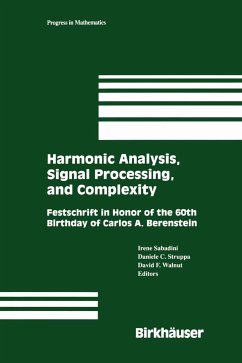
Digital Signal Processing (eBook, PDF)
Theory and Practice
Versandkostenfrei!
Sofort per Download lieferbar
56,95 €
inkl. MwSt.
Weitere Ausgaben:

PAYBACK Punkte
28 °P sammeln!
The book provides a comprehensive exposition of all major topics in digital signal processing (DSP). With numerous illustrative examples for easy understanding of the topics, it also includes MATLAB-based examples with codes in order to encourage the readers to become more confident of the fundamentals and to gain insights into DSP. Further, it presents real-world signal processing design problems using MATLAB and programmable DSP processors. In addition to problems that require analytical solutions, it discusses problems that require solutions using MATLAB at the end of each chapter. Divided ...
The book provides a comprehensive exposition of all major topics in digital signal processing (DSP). With numerous illustrative examples for easy understanding of the topics, it also includes MATLAB-based examples with codes in order to encourage the readers to become more confident of the fundamentals and to gain insights into DSP. Further, it presents real-world signal processing design problems using MATLAB and programmable DSP processors. In addition to problems that require analytical solutions, it discusses problems that require solutions using MATLAB at the end of each chapter.
Divided into 13 chapters, it addresses many emerging topics, which are not typically found in advanced texts on DSP. It includes a chapter on adaptive digital filters used in the signal processing problems for faster acceptable results in the presence of changing environments and changing system requirements. Moreover, it offers an overview of wavelets, enabling readers to easily understand the basics and applications of this powerful mathematical tool for signal and image processing. The final chapter explores DSP processors, which is an area of growing interest for researchers. A valuable resource for undergraduate and graduate students, it can also be used for self-study by researchers, practicing engineers and scientists in electronics, communications, and computer engineering as well as for teaching one- to two-semester courses.
Dieser Download kann aus rechtlichen Gründen nur mit Rechnungsadresse in A, B, BG, CY, CZ, D, DK, EW, E, FIN, F, GR, HR, H, IRL, I, LT, L, LR, M, NL, PL, P, R, S, SLO, SK ausgeliefert werden.



